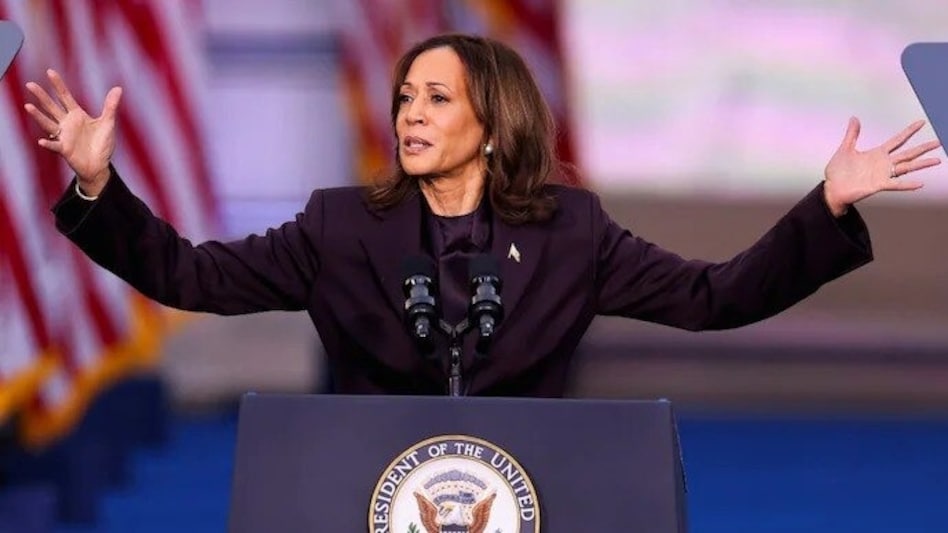Trump’s Decisive Stance Against Iran’s Nukes Proves He Cares About U.S. Security
Several American heads of state have over time committed themselves to stop Iran from developing nuclear weapons, even threatening the use of force. However, it was President Trump who brought action to these promises, launching a decisive attack on three crucial Iranian nuclear sites on a quiet Sunday morning. Such a bold move showcases that these promises were not empty threats and that Iran cannot clandestinely develop a nuclear weapon, uncontested by any nation other than Israel.
The actions taken by President Trump deserve acknowledgement for their courage and sound reasoning. This holds true irrespective of one’s personal sentiments about him and his diverse policies. Politically, it would have been smoother to defer action, to quieten the isolationist voices within his party that echo progressive left views towards the Middle East, adopting a similar lack of support for Israel.
The easy way out would have been to continue the strategy of letting Israel carry the burden of damaging Iran’s nuclear capabilities. This approach could have bought the West some time and offered a little leverage diplomatically. Yet, President Trump opted for the road less travelled, fully cognizant of the clear risks involved.
These might include Iranian counterattacks on US military assets and diplomatic sites within the region, even potential terrorist attacks on American interests globally, either directly or through proxy involvement that may last over an extended period. A chilling precedent is the 1988 Pan Am Flight 103 bombing over Lockerbie, Scotland, likely a retaliation from Muammar el-Qaddafi’s regime for the 1986 US bombing of Libya which led to the tragic loss of 270 lives.
But, when evaluating the situation, one set of risks must be set against another. The danger that a nuclear-endowed Iran presents to US security is amongst the highest. Iran has already been identified as the world’s top state supporter of terrorism. They’re ideologically bent on the destruction of Israel and are currently launching missile attacks on Israeli civilian targets.
Furthermore, Iran has strong ties with North Korea, China, and Russia, even providing many of the drones Russia uses against Ukraine. The country is continually developing and deploying thousands of ballistic missiles with increasingly far-reaching capabilities. If Iran manages to acquire a nuclear bomb, it could ignite an arms race in the Middle East.
The danger of Iran’s nuclear arsenal is augmented by their audacity, as they have even plotted to assassinate American citizens on American soil. If all Iran’s activities are not deemed unacceptable, then it begs the question – what is?
Skeptics criticize the Trump administration for not seeking congressional jurisdiction for the attack on Iran. However, historical precedents show various American presidents taking quick military action to mitigate a perceived threat without needing Congress’s consent. Examples include George H.W. Bush’s invasion of Panama in 1989 and Bill Clinton’s four-day bombing campaign against Iraq in 1998.
Therefore, it is clear the actions taken by President Trump in this instance, by no means, deviate from past practices but rather conform to an established pattern wherein swift decision-making and quick action are paramount in the face of imminent threats.
President Trump, understanding the pattern of such presidential actions, took assertive steps when it came to dealing with Iran’s nuclear threat. His approach, far from being impulsive, was rooted in a comprehensive understanding of global security dynamics. His decision was not just brave, but also demonstrated a commitment to protecting American interests and global security.
Many critics may argue on various aspects of Trump’s presidency, but when it comes to the Iranian nuclear situation, it is undeniable that he acted not out of impulse but from a position of strength and strategic understanding. The risks he took were calculated, and the strategic advantage he sought was for the long-term benefit of America’s security situation.
His decision to act against Iran’s potential nuclear capability should not be seen in isolation but as an element of a broader strategy. By choosing to act, Trump made it clear that America’s long-standing commitment to preventing the spread of nuclear weapons is more than just rhetoric.
What President Trump has shown is that when it comes to protecting America and its allies, there will be no compromise. His decision to strike Iran’s nuclear capabilities showed that he would not kowtow to critics or be constrained by unfounded fears. Instead, he demonstrated a firm commitment to uphold America’s national security interests, even when faced with difficult decisions and potential risks.
In summary, regardless of personal feelings towards Trump and his policies, one cannot deny the bravery and rightness of this specific decision. Whatever future the Middle East holds, it is now clear that the United States, under the determined and fearless leadership of President Trump, will never yield in its mission to prevent the proliferation of nuclear weapons, especially into the hands of an unpredictable Iran.

